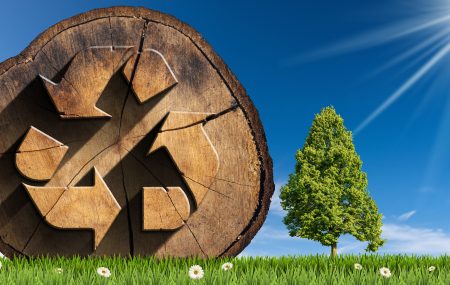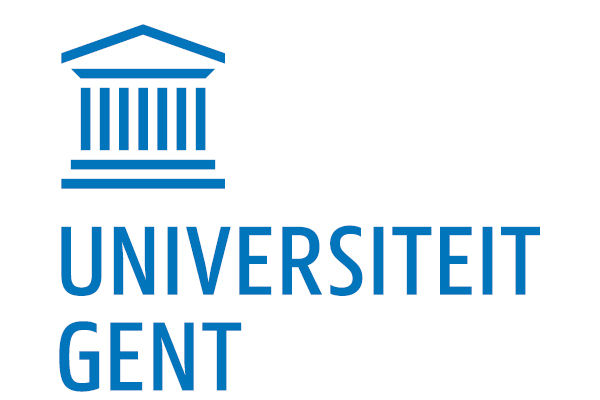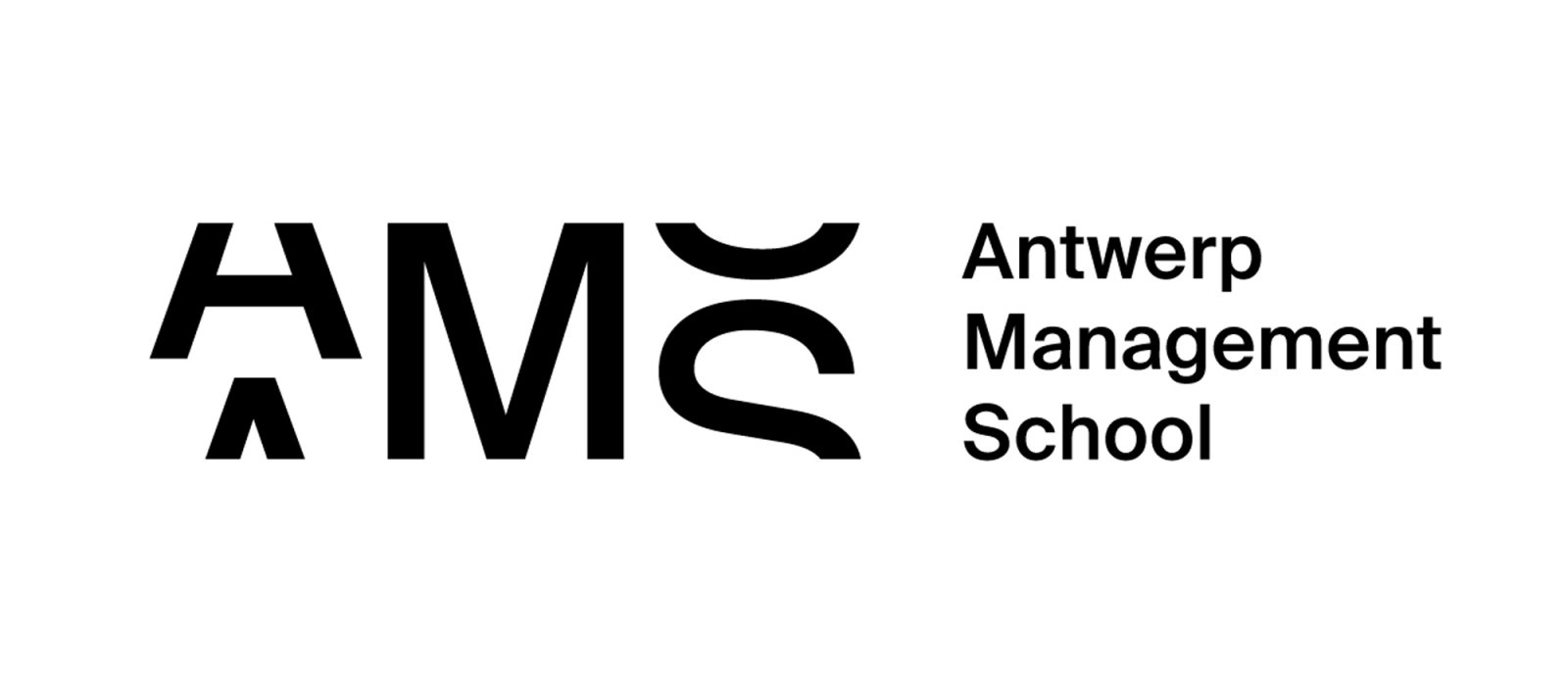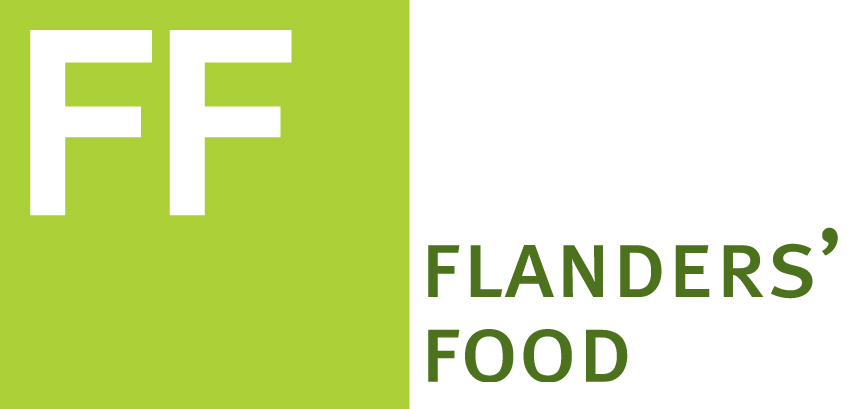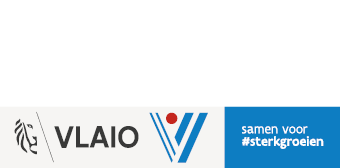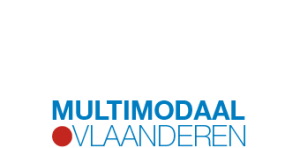BIOloop
The BIOloop project aims to design a decision support tool to analyze and optimize supply chain flows of biomass by-products through optimized logistics with the goal of better connecting supply and demand, ultimately resulting in more high-value bio-based applications for various industries.
status: Running |
theme:
Green Supply Chains |
type:
Regional
The BIOLOOP project wants to build on the strong track record and relevant expertise of the participating partners, UGent, VITO and AMS and the unique strategic position of Flanders as a central logistics hub to build several decision support models (DSMs) to analyze and optimize supply chain flows of biomass with the goal to better connect supply and demand, resulting in more high-end biobased industrial applications
Goal
The main aim of the BIOLOOP project is to create a knowledge framework to support the design and optimization of biobased supply chains in Flanders. To reach this ambitious goal BIOLOOP will generate new insights into the mobilization of (residual) biomass and how technological, economic and social parameters and constraints shape existing and new supply chains. All the knowledge and rules will be integrated into four new generic decision support models (DSMs) to simulate and optimize the mobilization of biomass feedstock dealing with multi-feedstock and multi-high value applications and considering circular and sustainable principles, novel business models and collaboration strategies.
More specifically, BIOLOOP will:
- Define and prioritize the most decisive input parameters and indicators behind the techno-economic, environmental and social criteria to improve biomass demand-supply matching and thereby enhance reststream mobilization and logistics in Flanders
- Integrate circularity and collaboration concepts in a generic multi-objective optimization model for bio-based supply chain design
- Explore how to include additional circularity concepts into current biomass supply chain approaches, derive mathematical rules for them and identify the most decisive input parameters and indicators behind circular biomass mobilization and logistics
- Assess novel collaboration options and gain sharing models in relation to biomass mobilization and logistics in Flanders
- Explore the use of supply chain models (in this case comprehensive, generic BIOLOOP DSMs) for the design of biobased supply chains for multi-biobased feedstocks towards multiple high-value endproducts, incorporating techno-economical, environmental and social criteria, circularity concepts and collaboration options in relation to biomass mobilization and logistics
- Evaluate how model complexity impact the outcomes of the biomass valorization simulations for three real industrial cases.
Practical details
Start: February 2024
End: February 2027
Would you like to know more?
Contact Julie Stuer (julie.stuer@vil.be)
